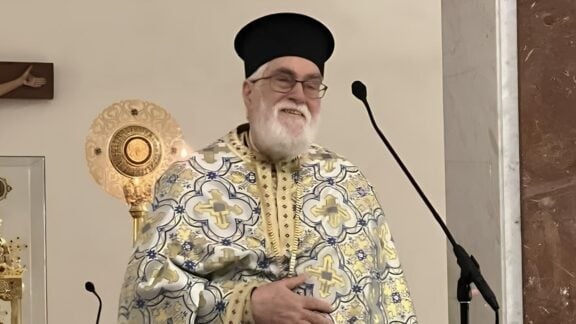Greece will have to ask for an extension on its bailout program before parliaments in eurozone nations close for Christmas because a new credit line will not be ready in time, a senior euro zone official said this week
After two bailouts totaling 240 billion euros ($300 billion) since 2010, Greece wants to switch back to market financing from the start of next year but disagreement over Greece’s funding needs next year means the euro zone cannot sign off on a back-up credit line.
“I’m willing to work on Dec. 24 but parliaments are not around,” the official told reporters on condition of anonymity, setting Dec. 15 as the cut-off date for prolonging Greece’s existing program into January so that lenders can make a final 1.8 billion euro payment.
All eurozone parliaments must approve that extension.
Greece and its lenders aimed to get a deal on a credit line – which Athens would only tap in an emergency – by next Monday when the International Monetary Fund, the European Commission and the European Central Bank, or troika, report back to euro zone finance ministers in Brussels.
The official said that ideally Greece should formally request the credit line and the technical extension at the same time, although he saw this as unlikely to happen on Monday.
Greek Prime Minister Antonis Samaras has staked his government’s political survival on exiting the deeply reviled bailout by the end of the year, but a deal on Monday is now looking out of reach.
“Is it my central expectation that a staff-level agreement (on a credit line) is reached by Monday? No, it is not,” the euro zone official said.
The main sticking point is a potential budget gap next year.
The troika has asked for more information on pension reform, a Greek government official said. Athens has offered to raise value-added tax on hotels and implement pension reform to satisfy lenders’ concerns of a potential shortfall next year.
The lenders say Athens faces a shortfall of over 2 billion euros unless it waters down a generous state arrears payback plan for austerity-hit Greeks or takes other measures.
Government spokeswoman Sofia Voultepsi confirmed that Greece received a response from lenders early on Wednesday. A labor ministry official said the lenders had sought more information on pension reform proposed by the government.
The lenders did not specify any date for returning to Athens to complete the review, Adonis Georgiadis, an official from Samaras’s conservative party told Greek television.
The lenders have demanded additional measures to make up for the expected budget shortfall next year but Samaras said on Tuesday that the government refused to raise taxes and cut incomes, arguing it would hurt a nascent economic recovery.
Source: Reuters






